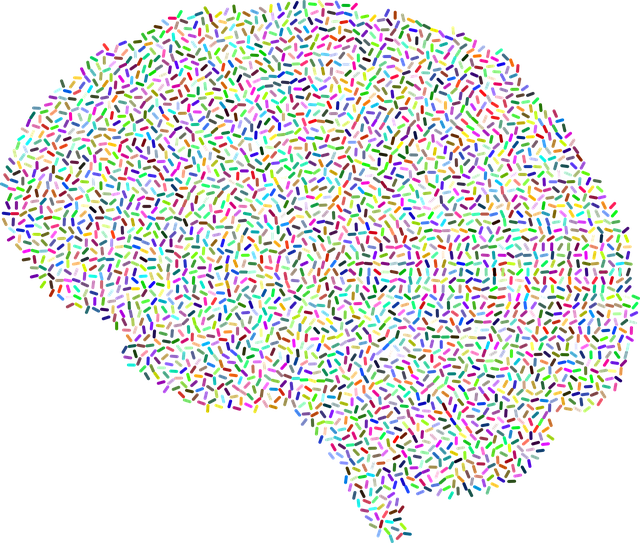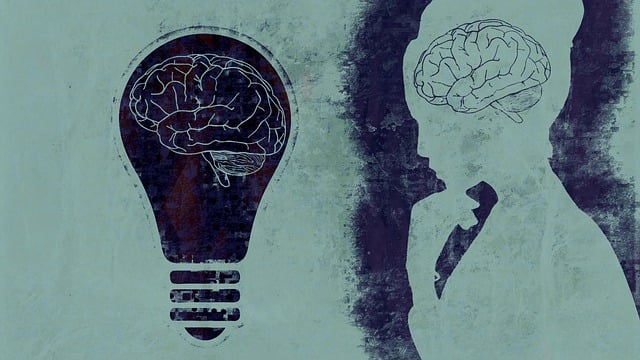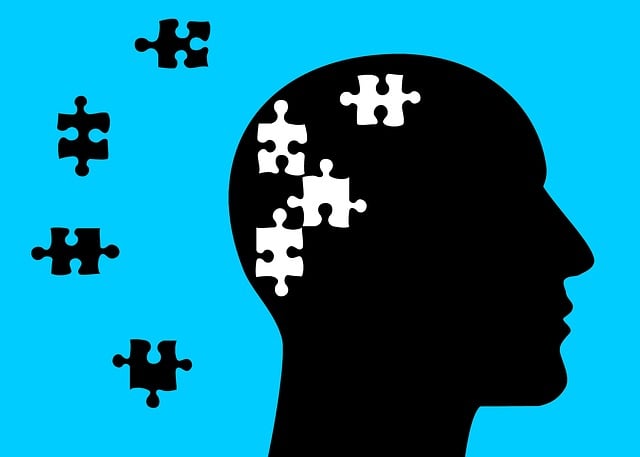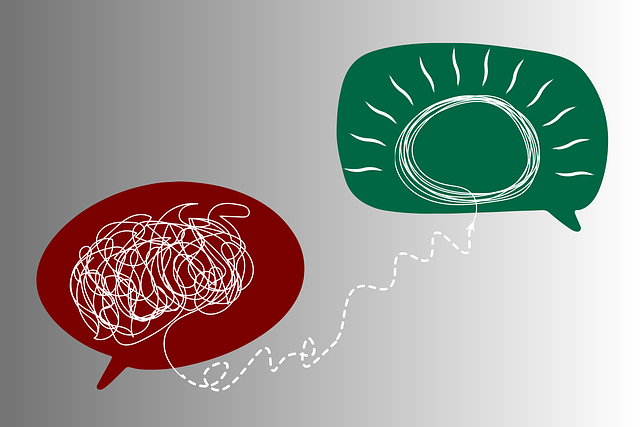Cultural competency is key in modern healthcare, especially for treating diverse patients, including those with Superior Oppositional Defiance Disorder (SODD). Healthcare provider training equips them to offer sensitive, effective SOD therapy by integrating culturally aligned approaches like Social Skills Training and mindfulness. This training improves patient outcomes, builds trust, and navigates cultural differences, ensuring compassionate care for all backgrounds. Evaluation metrics demonstrate the success of such programs in enhancing provider behaviors, patient engagement, and organizational culture, leading to better mental health outcomes.
“In today’s diverse healthcare landscape, cultural competency is no longer an option but a necessity. This comprehensive guide explores the critical role of training in enhancing healthcare providers’ cultural sensitivity. We delve into the benefits of such programs, offering insights on improving patient care, especially for mental health issues like Superior Oppositional Defiance Disorder (SOD).
From understanding cultural nuances to implementing effective strategies and measuring success, this article covers various aspects of cultural competency training, ensuring better outcomes for both providers and patients.”
- Understanding Cultural Competency in Healthcare: Building Bridges to Quality Care
- The Role of Cultural Competency Training for Healthcare Providers
- Addressing Mental Health Challenges: SOD (Superior Oppositional Defiance Disorder) Therapy as a Case Study
- Effective Strategies for Delivering Culturally Sensitive Mental Health Services
- Measuring Success: Evaluating the Impact of Cultural Competency Training Programs
Understanding Cultural Competency in Healthcare: Building Bridges to Quality Care

Cultural competency is a cornerstone of modern healthcare, ensuring that providers can deliver high-quality care to patients from diverse backgrounds and cultures. It involves understanding and respecting different values, beliefs, and behaviors, and modifying practices to meet the unique needs of each individual. In today’s diverse society, where one in five Americans identifies as a racial or ethnic minority, this is more crucial than ever.
Healthcare providers with strong cultural competency skills can build bridges to better patient outcomes. For example, when treating patients with conditions like Oppositional Defiant Disorder (ODD), understanding cultural context is vital. ODD often arises from social and environmental factors, so culturally sensitive approaches that include Social Skills Training, Mood Management techniques like Mindfulness Meditation, and family involvement can be transformative. By tailoring treatments to align with a patient’s cultural framework, healthcare providers not only improve therapy effectiveness but also foster trust and collaboration, leading to superior patient care and satisfaction.
The Role of Cultural Competency Training for Healthcare Providers

Healthcare provider cultural competency training plays a pivotal role in bridging the gap between diverse patient populations and quality healthcare services. In today’s multicultural society, medical professionals need to be equipped with the skills to navigate complex cultural landscapes, ensuring every patient receives compassionate and effective treatment. This training empowers providers to understand and appreciate cultural differences, fostering an environment where patients feel heard, respected, and understood.
By integrating cultural competency, healthcare providers can improve diagnosis and treatment plans, especially for conditions like Oppositional Defiant Disorder (ODD) and related mental health challenges. For instance, recognizing cultural influences on behavior and communication can enhance the delivery of Superior Oppositional Defiance Disorder therapy. Moreover, training equips professionals with crisis intervention guidance, enabling them to offer appropriate support during sensitive situations, thereby promoting anxiety relief and depression prevention among patients from various ethnic and cultural backgrounds.
Addressing Mental Health Challenges: SOD (Superior Oppositional Defiance Disorder) Therapy as a Case Study

In addressing mental health challenges within healthcare settings, particularly with children and adolescents, Superior Oppositional Defiance Disorder (SOD) therapy emerges as a valuable case study. SOD, characterized by persistent defiant behavior, is often intertwined with underlying mental illness, requiring sensitive and competent care. Healthcare provider cultural competency training plays a pivotal role in equipping professionals to navigate these complex situations effectively. By integrating Compassion Cultivation Practices into their repertoire, mental health professionals can foster an environment of safety and understanding, thereby reducing the Mental Illness Stigma Reduction Efforts.
Through comprehensive Superior Oppositional Defiance Disorder therapy, healthcare providers learn to delve beyond external behaviors and explore the underlying emotional and cognitive factors at play. This holistic approach not only helps in managing symptoms but also fosters resilience and coping mechanisms. Moreover, risk management planning becomes an integral part of training, ensuring professionals are equipped to handle potential challenges while providing compassionate care.
Effective Strategies for Delivering Culturally Sensitive Mental Health Services

In providing culturally sensitive mental health services, healthcare providers must adopt strategies that respect and understand diverse cultural beliefs and practices. One effective approach is incorporating cultural competency into training programs, ensuring therapists are equipped to handle a variety of patient backgrounds. This involves learning about different cultural perspectives on mental health, including unique expressions of distress and coping mechanisms. For instance, when treating individuals with Oppositional Defiant Disorder (ODD), therapists should be mindful of cultural influences that may shape behavior and communication styles.
Designing Mental Health Education Programs with a focus on cultural sensitivity can significantly enhance patient outcomes. This includes promoting self-esteem improvement initiatives tailored to specific cultural groups, as elevated self-worth is a cornerstone of many therapeutic approaches. Moreover, advocating for mental health policy analysis and advocacy ensures that services are accessible and culturally appropriate for all communities, addressing systemic barriers to care. Through these strategies, healthcare providers can create inclusive environments, fostering better engagement and ultimately more effective therapy for diverse patient populations.
Measuring Success: Evaluating the Impact of Cultural Competency Training Programs

Evaluating the success of cultural competency training programs is crucial to understanding their impact and long-term effectiveness in healthcare settings. Measuring success goes beyond simple satisfaction surveys; it involves assessing concrete improvements in provider behaviors, patient outcomes, and organizational culture. By tracking these metrics, we can identify areas where cultural competency training has made a tangible difference. For instance, increased awareness of implicit biases and improved communication skills among providers might lead to better patient engagement and more accurate diagnoses, particularly for patients from diverse backgrounds, including those with Superior Oppositional Defiance Disorder (SODD) or other complex mental health conditions.
Moreover, evaluating cultural competency training programs can help in refining burnout prevention strategies for healthcare providers. Through regular assessments, organizations can pinpoint challenges and tailor stress reduction methods, such as mindfulness practices or inner strength development initiatives, to address specific needs. This data-driven approach ensures that resources are allocated effectively, leading to happier, more engaged staff and ultimately better patient care, including improved treatment outcomes for SODD patients.
Healthcare provider cultural competency training is a vital tool for delivering quality care to a diverse population. As we’ve explored through case studies like SOD Therapy, culturally sensitive approaches can significantly impact positive patient outcomes. By investing in comprehensive training programs that measure success, healthcare organizations can foster inclusive environments and bridge gaps in care, ensuring every patient receives respectful, compassionate, and effective treatment.













